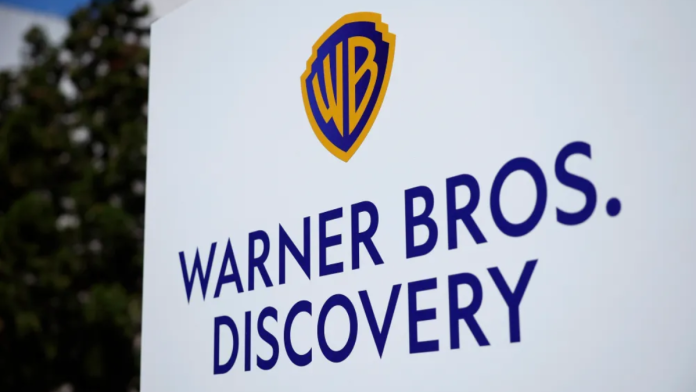Warner Bros. Discovery (WBD), one of the world’s largest media companies, has rejected a recent takeover offer from Paramount Skydance. The proposed offer, reportedly around $20 per share, was deemed too low by WBD leadership, led by CEO David Zaslav. The news has drawn significant attention in the financial and entertainment worlds.
WBD owns a wide range of popular media brands, including HBO, Warner Bros., CNN, TNT, and TBS. Its current market value is estimated at around $42.3 billion. Recently, WBD shares closed at $17.10 per share, which was already a jump of more than 36% since news broke about Paramount Skydance’s interest. Despite the increase, WBD executives feel the $20 per share offer does not accurately reflect the company’s full value.
Paramount Skydance’s Bold Move
Paramount Skydance, led by David Ellison and financially supported by his father, Oracle founder Larry Ellison, has been actively expanding its media footprint. This new bid for WBD represents an ambitious attempt to acquire the company in its entirety. If successful, Paramount Skydance would gain control of all WBD’s major assets, including its studios, streaming platforms, and television networks.
Raiffeisen Bank could receive previously frozen Strabag shares to settle €2 billion fine
There have also been reports that Paramount Skydance is in talks with Apollo Global Management, a major asset management firm, to potentially strengthen its bid. Apollo had previously been interested in acquiring Paramount Global before it was bought by Skydance, making it a natural partner for this offer. While the financial details of the deal are not fully clear, it is not known whether the proposed offer includes taking on WBD’s substantial debt of $35.6 billion. This debt would be a critical factor in the financial structure of any potential acquisition.
At a recent conference, David Ellison discussed the reasoning behind the bid. He emphasized the importance of expanding content libraries in today’s streaming-driven entertainment market. According to him, more movies and television series can lead to higher viewer engagement, helping media companies compete effectively in the crowded streaming space. Ellison noted that consolidation in the media industry is often necessary for sustainable growth, highlighting the strategic aim behind acquiring WBD.
WBD’s Rejection and Company Strategy
WBD’s decision to reject the $20 per share offer comes at a time when the company is preparing for major structural changes. Next spring, WBD plans to split into two separate businesses. One company, Warner Bros., will focus on studios and streaming services such as HBO and HBO Max. The other company, Discovery Global, will include TV networks and streaming platforms like Discovery+.
The rejection also reflects the company’s focus on preserving shareholder value. WBD’s leadership believes that the proposed offer undervalues its extensive content library, brand portfolio, and market position. The company’s substantial debt is another factor that makes any acquisition more complex.
Following the news of the bid, WBD’s stock experienced a strong upward movement, reflecting investor interest and confidence in the company’s intrinsic value. Despite this, representatives from WBD, Paramount Skydance, and Apollo Global Management have not publicly commented on the offer, leaving the situation largely based on reports from unnamed sources.
The bid highlights the increasing activity in the media and entertainment industry, where companies are seeking acquisitions and mergers to expand content production and strengthen their streaming services. It demonstrates the competitive pressure for media companies to grow their libraries, attract more viewers, and maintain a strong market position.
Warner Bros. Discovery’s rejection of the offer confirms that the company, under CEO David Zaslav, considers its assets and content more valuable than the $20 per share bid. Meanwhile, Paramount Skydance, led by David Ellison and supported by Larry Ellison, continues to show ambition in seeking large-scale acquisitions. The situation remains closely watched by investors, analysts, and the media industry as a whole.


